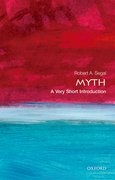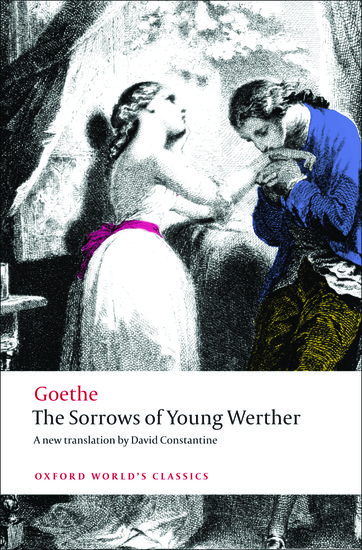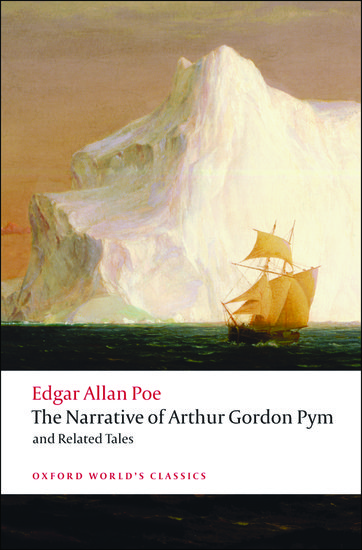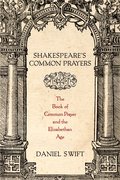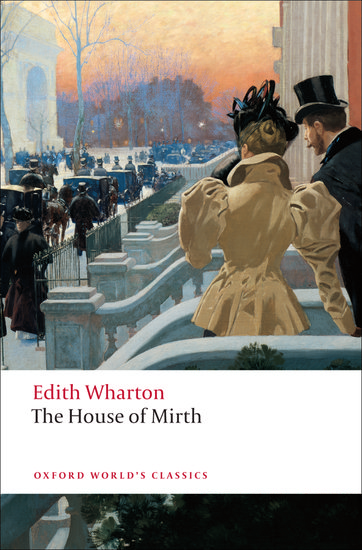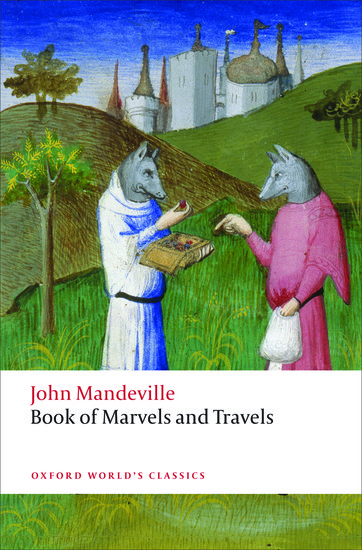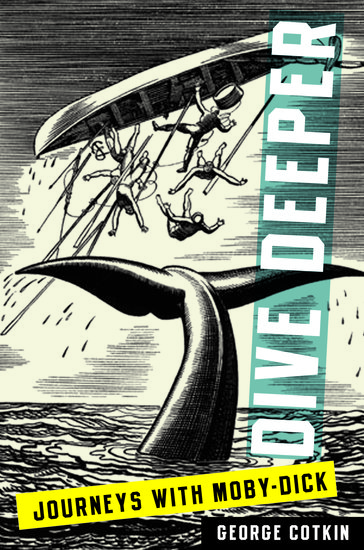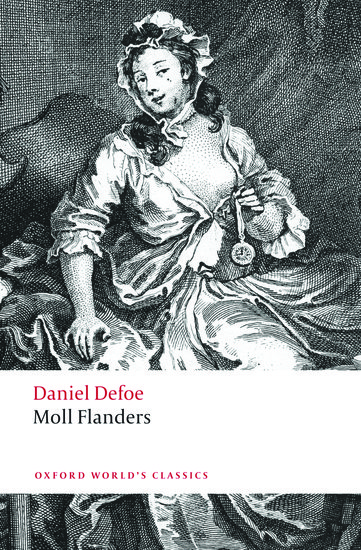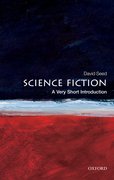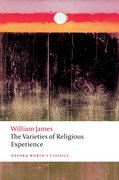Textual Variants in the Digital Age
By Christopher Cannon
The editing of Chaucer’s Canterbury Tales in the form in which we now read it took many decades of work by a number of different scholars, but there is as yet no readily available edition that takes account of all the different versions in which the Canterbury Tales survives. Some of this is purely pragmatic. There are over 80 surviving manuscripts from before 1500 containing all or some parts of the Tales (55 of these are complete texts or were meant to be).


